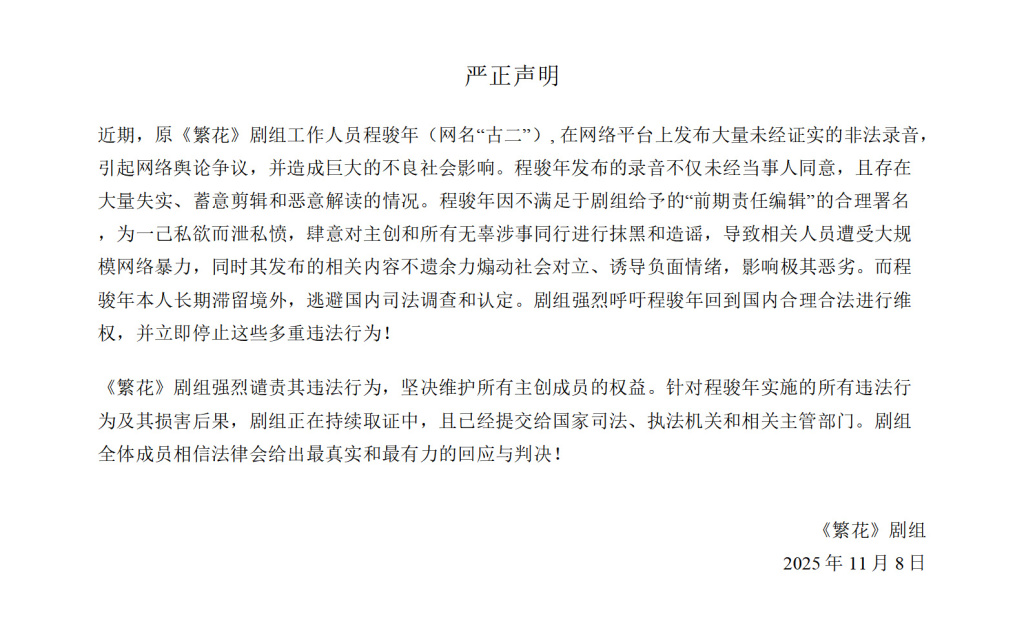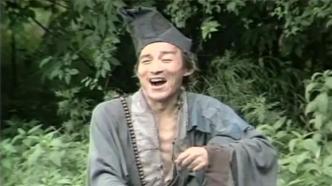
Editor's note: This is a nostalgic theater.
In the hit TV series "Flowers", the role of "uncle" played by 90-year-old You Benchang left a deep impression on the audience. However, in the minds of older audiences, "Ji Gong", a film produced more than 30 years ago, is also You Benchang's classic.
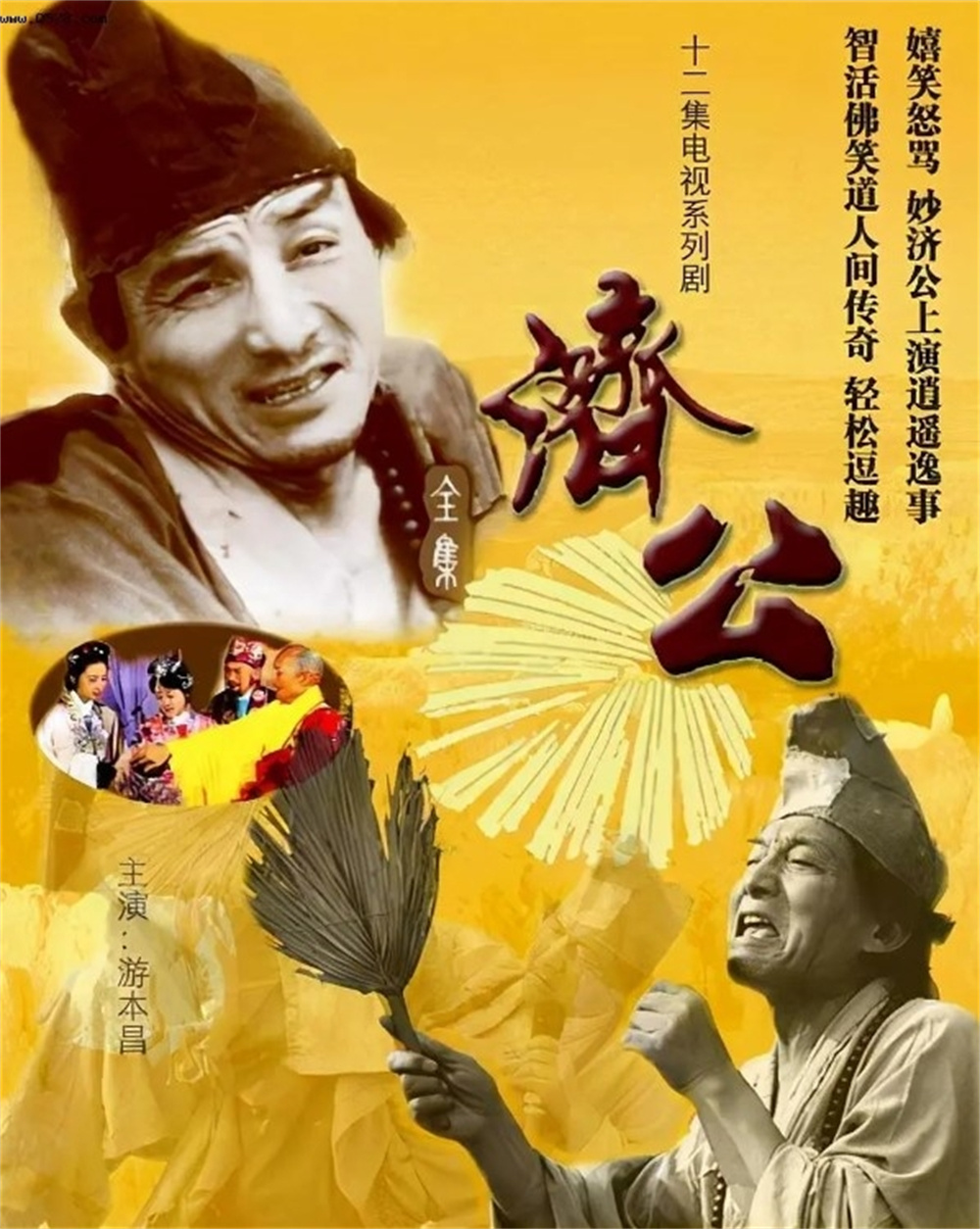
"Ji Gong" poster
Interestingly enough, there were quite a few monks active on the TV screen in the 1980s. The most famous among them is of course a "team", the Tang Monk and his disciples in "Journey to the West". In addition, Shandong TV Station also filmed a "walker" (Wu Song). And "Jigong" is also one of them.
It is said that during the Southern Song Dynasty in history, there was indeed a crazy monk named "Jidian" in Lingyin Temple in Hangzhou. He usually behaves like a lunatic. He drinks alcohol and eats meat. He doesn't abide by temple rules and often wanders around the city. But he did have superhuman abilities. For example, he foresaw a fire in the temple in advance. The temple burned down and needed to be rebuilt because there was a shortage of wood. Jidian put his cassock in the sky and spread it over a mountain. He uprooted the trees on the mountain and sent them to the temple site. I believe that those who have watched the TV series "Ji Gong" will not be unfamiliar with this plot.
In this TV series, Jigong, played by You Benchang, wears "three rags": tattered shoes (revealing the feet), tattered hat (revealing the head), and tattered clothes (revealing the flesh). The clothes are almost not covering the body, and the combination of facial features creates With rich expressions and a broken fan like a fishbone, a vivid image of a mad monk emerges before his eyes, winning wide acclaim from the public.
There is also a scene like this in the TV series. The dirty Jigong rubs his body a few times, and several mud balls come out. I passed a steamed bun stall on such a sloppy road, picked up a steamed bun, thought about it and put it down again. As a result, his five black finger prints were already left on the steamed bun. The boss had no choice but to say, "You can take it." Jigong was happy and said, "I want another one." With that, he took another one... It's dumbfounding. Jigong is such an informal "living Buddha".
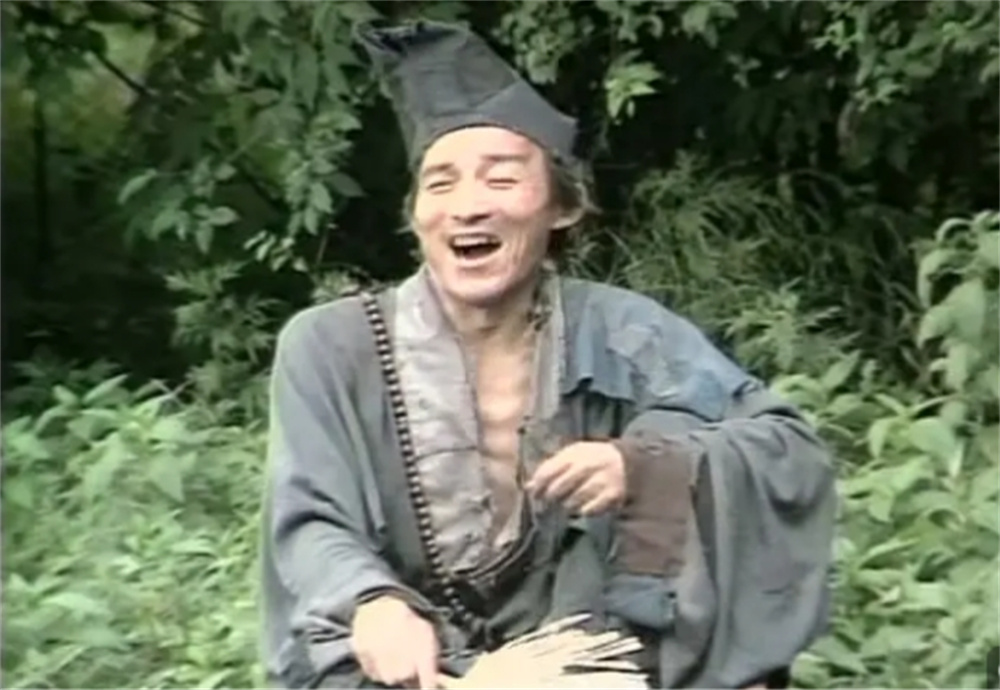
Jigong in the play
As a unit drama, each episode in "Ji Gong" is an unrelated story. Among them, except for the first episode ("The Birth of Jigong"), which tells the story of Ji Gong (Daoji) who became a monk and his parents' property was taken over by an evil housekeeper, which is tragic, the rest of the episodes are humorous and comedic.
In the eyes of the audience at that time, Jigong could be said to be a perfect wanderer. He was playing life while punishing evil and promoting good. It can be said that the theme of "good will be rewarded with good and evil will be rewarded with evil" runs through the entire TV series.
For example, Guangliang, the superintendent of Lingyin Temple, always disliked Jigong and deliberately tried to drive him out of Lingyin Temple. However, this person did not do any serious evil, so Jigong only punished him lightly. When renovating the Dabei Tower of Lingyin Temple, Jigong used magic to make wood emerge from the well one after another. As a result, Lingyin Temple mobilized all the monks in the temple to move the wood, and they stopped only when the pile could no longer be piled. Little did he know that there was still a main beam missing, so Jigong asked Guang Liang to go shavings himself. When he was exhausted, he used shavings and sawdust to shape a main beam.
Among the villains who have been played by Jigong in the play, Boss Qian in "The Mighty Hand" and the housekeeper in "The Drunk Girl" can be said to be two typical ones.
As his name suggests, "Boss Qian" is as addicted to money as his life. He even teased a flower girl and bullied an old man with a tumor. As a result, Jigong moved the old man's tumor to his neck with his clever hands. Boss Qian regretted so much that he brought his wife to ask Jigong to find a way to remove the tumor. Jigong told him that it could not be removed, but if he did good things, the tumor would become smaller; if he did bad things, the tumor would get bigger. . Boss Qian followed this method and changed to doing good deeds. Sure enough, with every good deed, the tumor on his neck became smaller.
Seeing that the tumor was getting smaller and smaller and was about to disappear, Boss Qian met the flower seller again. Thinking of the old evil at that time, he completely forgot about the existence of the tumor. He yelled at the girl and even hurt her. As a result, the tumor on his neck immediately turned into a heavy tumor. Dozens of kilograms of meatballs forced Boss Qian to mutter "Do good things, don't do bad things" and ran away in confusion.
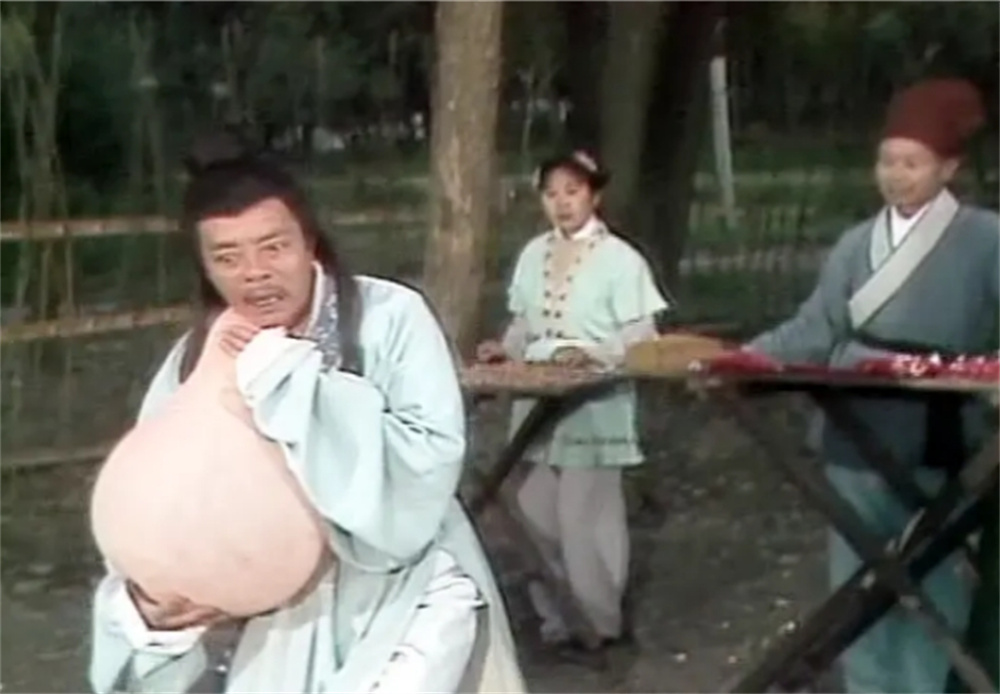
The money boss who did bad things
As for the butler in "Drunk and Plum Blossom Legs", he can be called a clown who "takes advantage of others' power". He suggested to his master Zhao Tianpeng (a bully) that he put two big boxes on the bridge and asked passers-by to put money there as bridge tolls, and also insulted the pilgrims crossing the bridge. Ordinary people dare to be angry but dare not speak out, so they have no choice but to accept the situation, which makes the bullies more arrogant and emboldened. The appearance of Jigong changed this situation. He cast a spell and caused the money box to catch fire. Zhao Tianpeng hurriedly put his right foot in to put out the fire. As a result, one leg was covered with copper coins, exuding the smell of copper all the time.
All the famous doctors in the city were helpless. Only Jigong could cure the disease by changing legs, and only the butler's leg was the most suitable. In this way, Zhao Tianpeng's leg was cured, but didn't the housekeeper lose a leg? It doesn't matter, Jigong also gave him a new leg, which was just the right hind leg of a dog. From then on, people who bullied others and worked for others were called "doglegs". Seeing the housekeeper limping and leaving dog paw prints on the ground made the audience smile knowingly.
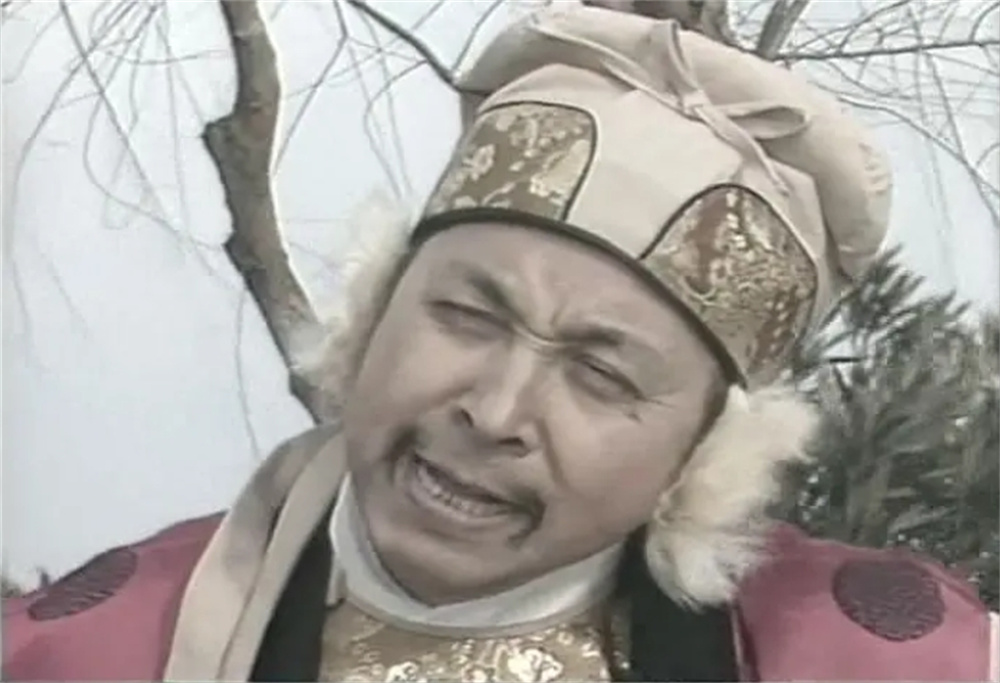
The arrogant "dog leg"
In addition, in the episode "Punishing the Prime Minister of Qin", the family and wings of the Prime Minister of Qin (should refer to Qin Hui) trampled on the interests of the poor and weak people at will in order to pursue their own interests. Jigong used illness and torture to teach this wild personality a lesson, in order to control the viper's heart. No wonder the common people in the play regard him as their savior, while those evil people who do evil things for the sake of wealth hate and fear Jigong.
It is worth mentioning that along with the TV series "Ji Gong" that became popular all over the country, its theme song "Wherever there is injustice, there is me." This song was composed by composer Jin Fuzai, with lyrics by Zhang Hongqian, and was accompanied by Chinese music by the Shanghai Film Orchestra. It can be called a timeless work. The lyrics "My shoes are torn, my hat is torn, my cassock is torn" and "I'm crazy, I'm crazy, and I'm drunk with meat and wine" are widely circulated. So much so that You Benchang himself later appealed in an interview with a magazine, "The theme song of "Jigong" can only be sung by Jigong. I hope that young people will not waste energy and delay the good time of growing up and learning knowledge..."
In any case, every young audience fantasized about having the same magic power as Jigong. The Jigong played by You Benchang is the true image of Jigong in the hearts of a generation.


